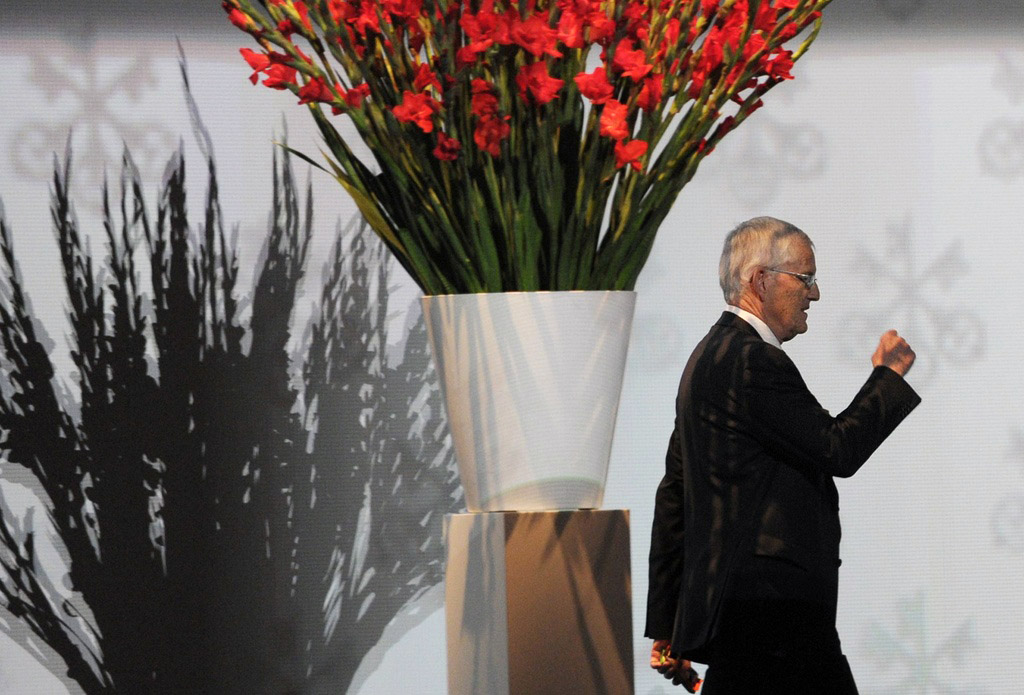Former UBS trader appears in London court

The former UBS trader who allegedly lost $2.3 billion (SFr2.2 billion) on unauthorised trades appeared in a London court in a prelude of a trial that senior figures at Switzerland's largest bank fear could further damage its reputation.
The trader involved has been charged by the British authorities with false accounting and fraud by abuse of position. The trader pleaded not guilty in January. He is risking a 10-year sentence if found guilty of fraud.
The judge said Monday that he would begin hearing evidence in the case on September 14. The criminal trial at Southwark Crown Court is expected to last about eight weeks, according to UBS.
In an internal memo sent to staff and published on the bank’s website, chief executive Sergio Ermotti voiced concerns that the trial may damage the bank’s reputation, but stressed that UBS is not party to the trial.
He also reiterated the steps UBS has taken to improve internal monitoring and controls and that it will take disciplinary action against staff who do not uphold standards.
“However, given how serious the consequences of the incident were, we must assume that UBS’s culture and practices will be examined during the course of the trial,” Ermotti wrote in the message.
“As uncomfortable as the entire trial will be for UBS, it will show us what the consequences are when misconduct occurs or when individuals do not take their responsibilities seriously,” he added.
UBS revealed the unauthorised trades at its investment bank in London in September last year, the same day the trader was arrested on September 15.
According to the bank, the banker had taken speculative equity positions which he concealed by the booking of fictitious, offsetting trades so that the violation of the bank’s risk limits could not be detected.
Ermotti was appointed CEO of UBS to replace Oswald Grübel who resigned the same month the rogue trading scandal came to light. UBS said its executives are fully committed to protecting the bank’s reputation and safeguarding the interests of its employees.
In the memo, Ermotti said he was aware that many UBS employees have been “embarrassed” by the episode. “The details that will come to light during the trial concern the past and we should look to the future.”
UBS lost about SFr50 billion ($53 billion) in the financial crisis from the write down of subprime mortgages and debt security trades.
In 2008, the Swiss National Bank was forced to bail out UBS with a SFr6 billion loan and by taking over bad debt.
In 2009, the bank admitted to helping US citizens evade taxes and was eventually forced to pay a $780 million fine and release names of 4,500 clients to US authorities.
In November 2011, UBS announced it would dramatically scale back its investment bank, while pledging to slash risky assets by half and exit loss-making businesses.
At the same time, Swiss regulators are demanding that banks set aside more capital than dictated by international standard as insurance against risky trades.

In compliance with the JTI standards
More: SWI swissinfo.ch certified by the Journalism Trust Initiative











You can find an overview of ongoing debates with our journalists here . Please join us!
If you want to start a conversation about a topic raised in this article or want to report factual errors, email us at english@swissinfo.ch.